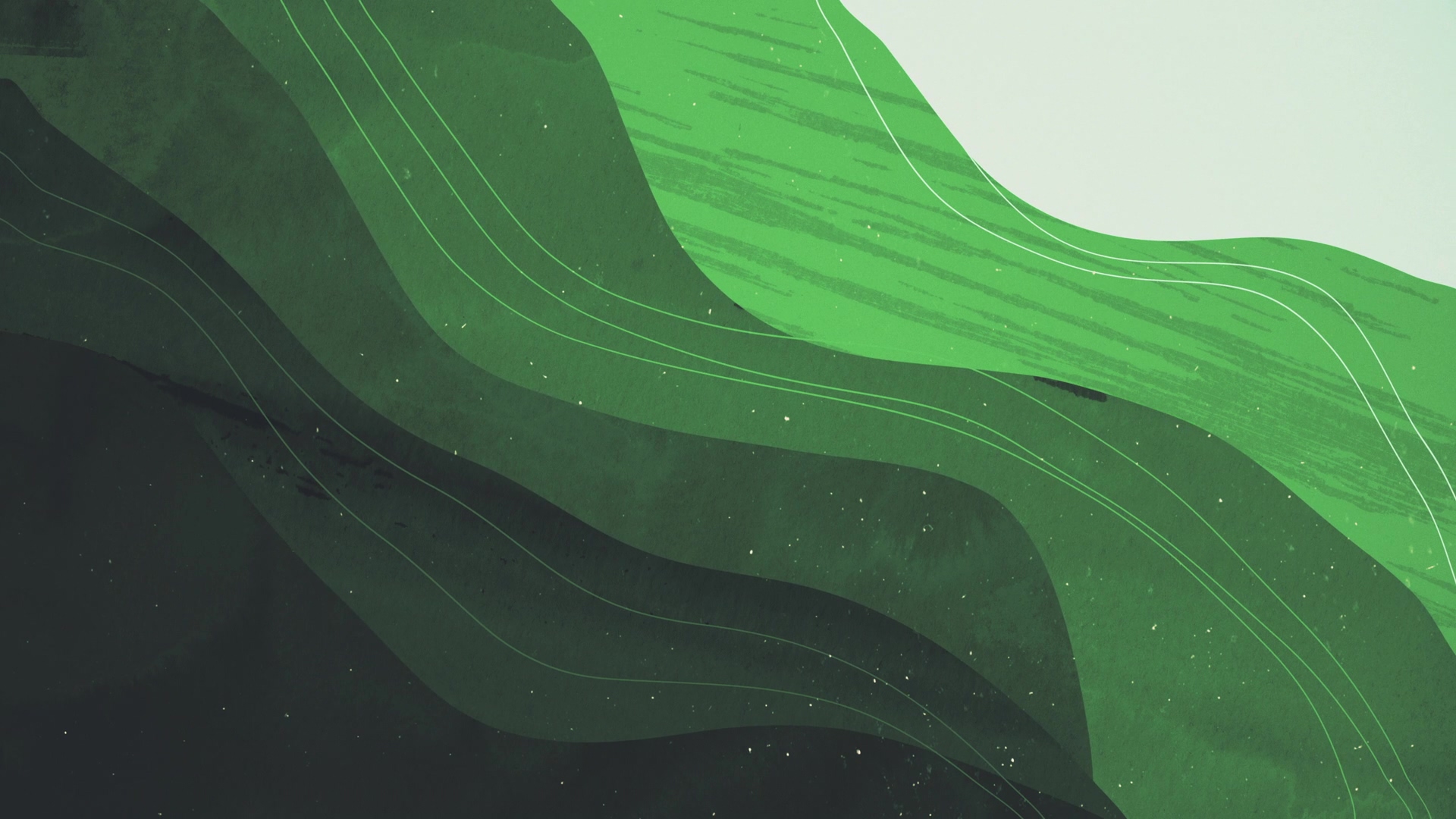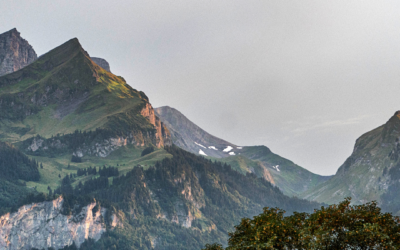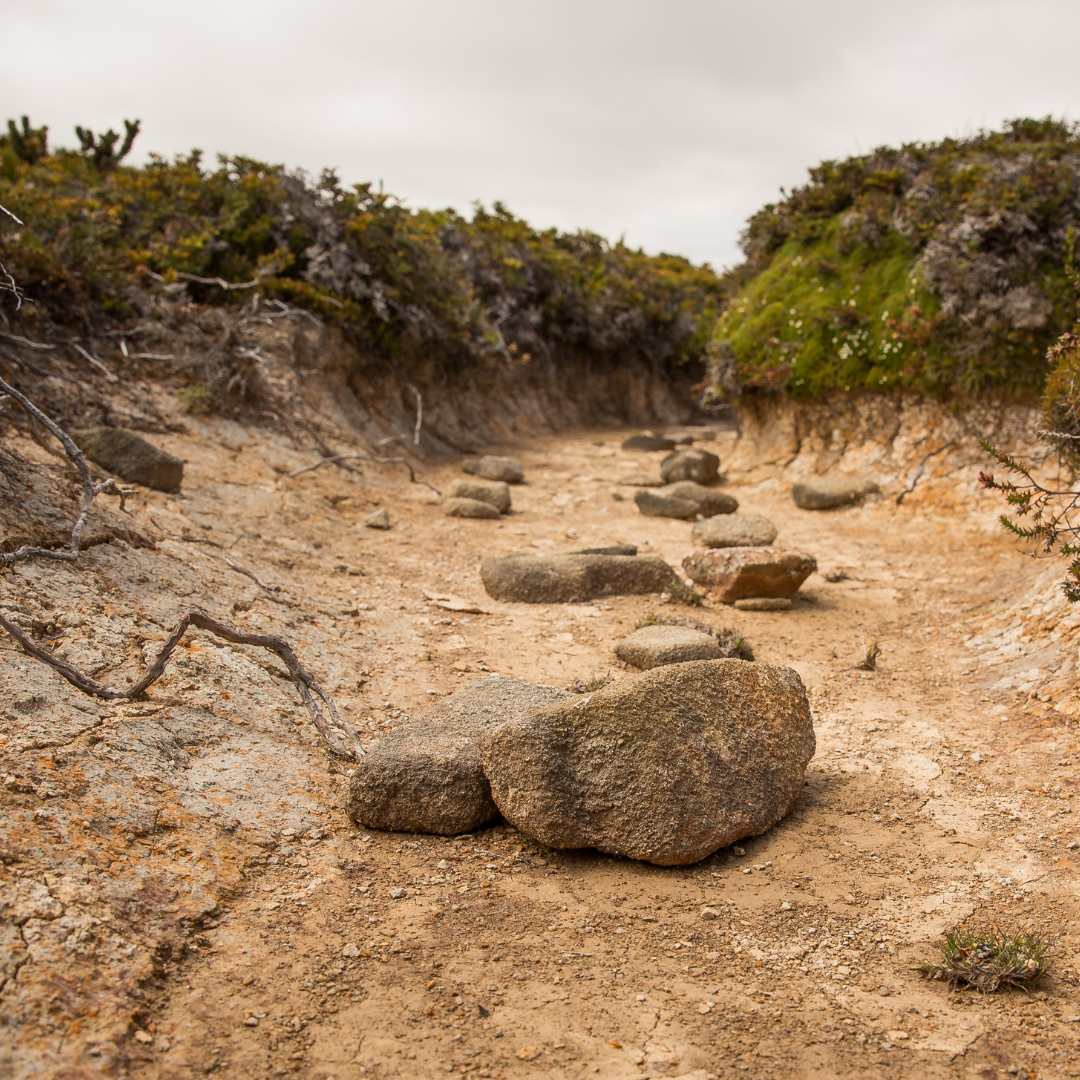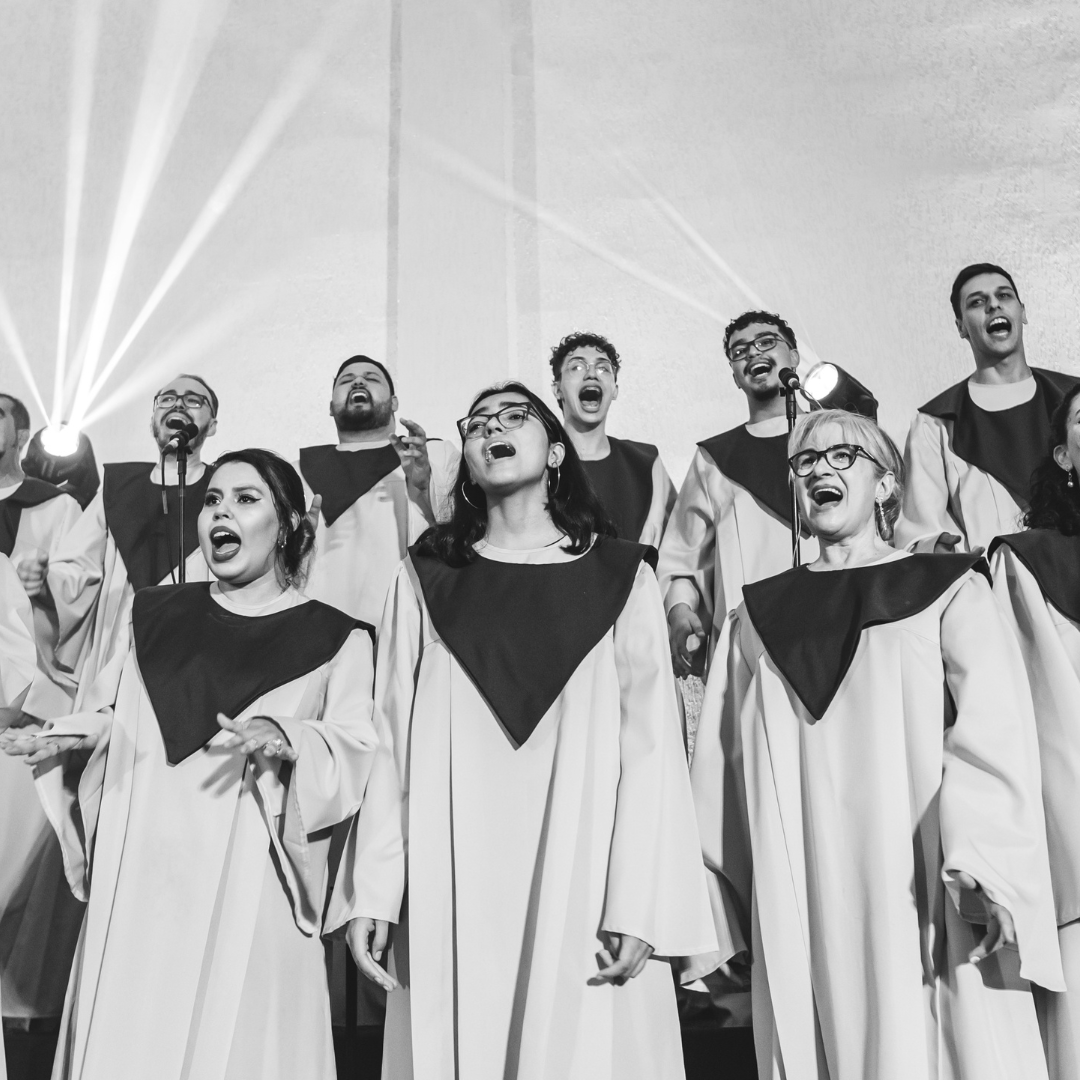Love is So Large Mark's gospel leaves readers in suspense about the resurrection. "Terror and Amazement." So--> we argue that it isn't about our reaction, but God's abundant mercy. Where Love is so large it outlasts, outlives, outdoes our fears, sins,...
Love is So Large
Love is So Large
Mark’s gospel leaves readers in suspense about the resurrection. “Terror and Amazement.” So–> we argue that it isn’t about our reaction, but God’s abundant mercy. Where Love is so large it outlasts, outlives, outdoes our fears, sins, shortcomings. Again and again!

Recording
Sermon given by Pastor Shaun O’Reilly at Faith Lutheran in Reno, NV on March 31,2024
Gospel Text
Mark 16:1-8
Now among those who went up to worship at the festival were some Greeks. They came to Philip, who was from Bethsaida in Galilee, and said to him, “Sir, we wish to see Jesus.” Philip went and told Andrew; then Andrew and Philip went and told Jesus. Jesus answered them, “The hour has come for the Son of Man to be glorified. Very truly, I tell you, unless a grain of wheat falls into the earth and dies, it remains just a single grain; but if it dies, it bears much fruit. Those who love their life lose it, and those who hate their life in this world will keep it for eternal life. Whoever serves me must follow me, and where I am, there will my servant be also. Whoever serves me, the Father will honor. “Now my soul is troubled. And what should I say—‘Father, save me from this hour’? No, it is for this reason that I have come to this hour. Father, glorify your name.” Then a voice came from heaven, “I have glorified it, and I will glorify it again.” The crowd standing there heard it and said that it was thunder. Others said, “An angel has spoken to him.” Jesus answered, “This voice has come for your sake, not for mine. Now is the judgment of this world; now the ruler of this world will be driven out. And I, when I am lifted up from the earth, will draw all people to myself.” He said this to indicate the kind of death he was to die.
SERMON TEXT
3/31/24, Mark 16:1-8
Easter Sunday, Year B, Faith Lutheran Church
Pastor Shaun O’Reilly
Love is so large it absorbs
the threat of change.
On that first Easter Day, these women run from the tomb in terror and amazement — It doesn’t sound heroic, it sounds like they sense some kind of threat —in what they have discovered
And, Love is so large it absorbs
the threat of change.
It was the first day of a new week. The sabbath had ended. Like at creation, when all the work was done, and then there was a day of rest …
And then? Is there anything more?
This story, this time, this event tells us. Yes. Yes to the more, Yes to what’s next. Undeniably. Never faltering —> Yes.
A new week begins and there is a new sunrise. The work is done, and there’s more.
So let’s start there: What was the work? We heard it last Sunday, as we told the passion story. “Darkness came over the whole land .. and Jesus gave a loud cry and breathed his last. And the curtain of the temple was torn in two from top to bottom.” Nearby, a guard finally says, without mocking — “Surely this man was God’s son.”
That was the work.
Jesus put in a royal purple robe, and mocked. And left by his closest friends. Peter tried to stick around but eventually denied him. And Jesus was hung up on that cross and suffered and died.
That was the work.
We told the story last Sunday. And we told it on Friday night. Todd preached, telling us that the Great Three days of Maundy Thursday, Good Friday, and Easter Vigil are the heart of our faith. And Good Friday is the center of that heart. And he said, I don’t have a lot of comfort to give you tonight, on Good Friday at our Lord’s death.
But then, later, later that preacher said: Maybe Jesus holds comfort for us. That because he did the whole work of suffering and dying, it means: that when we suffer, and when we die, especially when we follow the hard road of faith—loving others and the world more than ourselves—well, as we do it all, we can hear Jesus, that faithful worker, say: “I know. I’ve been there. I’m with you.”
So the work was done. God’s unending love for us on the cross. And the sabbath came. Rest and quiet.
And at it’s end, at the beginning of a new week, the women go to his tomb. They go to anoint his body. And they find: The crucified one is not here. Jesus is raised.
And they fled from the tomb, “for terror and amazement had seized them.” There’s that threat!
And here is this Love so large it absorbs the threat of change.
Mostly, I think, it’s that everything is new, and they don’t understand. Or, I think, it is all flooding in at once. It is the exchange in their minds (and souls): we went to the tomb hoping to anoint our dear friend’s precious body; now we are running, attempting to believe what we’ve heard—that this friend has more for us?
That the work is done and the sabbath is over, and there’s a new week??!
Can God have more for us?!
What can this change bring? I’m afraid.
Hear the Promise of Easter:
Love is so large it absorbs
the threat of change.
I’m imagining that Mary Magdalene and the other Mary, as they run, they are covered emanating smells. What else could have happened to those oils and spices they were going to use for anointing?
What happens when you are carrying something fragile, being careful, it’s spill-able, but then you are filled with terror and amazement? I know what happens, it ends up all over you and all over everybody else.
I think the Mary’s are covered now in oils and spices. They went to anoint a body, and they are anointed. Like, they are blessed.
Blessed for burial and new life. Blessed for the work.
Which is to die to themselves the way Jesus gave up everything and humbled himself out of love and service; and they are blessed to rise up too—new, changed, alive in that love. Not dead, alive. He is not dead. He is alive.
It reminds me of an easter story I’ve heard, there was a church in England that wanted to put up a new banner for Easter, you know — advertise to the community like our signs outside.
But the printer got it wrong and when the banner came back it said:
Chris is risen! Chris is Risen!
And I don’t know if the church put it up and painted on a T, or left it as Chris, or got their money back.
But you know, in the theme of the breaking NEW of Easter, the Springtime life, the “Now the Green Blade rises” eastertide — to say that Chris is Risen — someone’s name — is not far from our Gospel of God among us.
It’s a change to have someone’s name like that in the phrase, but Love is so large it absorbs the threat of change.
The message the women receive at the tomb is: the crucified one has been raised. Go and tell the disciples and Peter, he’s going ahead of you to Galilee.
So there’s more to come. “Ahead of you to Galilee” means, there’s somewhere to Go, there’s something to do. And whoops, I spilled the oil all over myself, but I guess I’m blessed now to be this body in the world.
And they’re supposed to go and tell, tell the deserter disciples, tell the disciples AND Peter — Peter is named outright here, the one who had denied Jesus publicly three times after pledging “I will never turn away.”
Go and Tell those, and that one, the news.
Go to the lowly and the ashamed and the underserving, and when you tell them “He is Raised!” I bet you, you raise them up.
This is Easter life! Christ, Risen. And it means the disciples are Risen, sharing in his life, death, and his life again.
Chris is Risen! You are Risen.
For those terrified and afraid. For those laying low, I think they get anointed.
We are made new.
The women flee in terror and amazement, but that won’t be the end of the story. Easter new life has made it to today.
I know change is hard. It was hard for them to follow Jesus in his ministry. It was hard, and frightening to go to Jerusalem—the place of power—and feel the powerful turn on Jesus.
And it is scary and stupidly unknown to say: that dead, beloved one is raised.
There’s no blueprint for the followers. And they are terrified and amazed. And God doesn’t leave them there. God doesn’t leave you there.
Love is so large it absorbs
the threat of change.
And so we are raised in this new life, to walk the road together. Trusting and leaning on that love, like we have before. We say with our psalm today: Thanks be to God, God’s love endures forever.
Even in change, even now, even today, even you and me, anointed to follow our God.
Christ is Risen. Christ is Risen indeed, Alleluia.
And so are you. God’s love is so large.
Amen.
Recent Blog Posts
Love is So Large
God is Cross-High
God is Cross-High St Patrick's day meets our theology of the cross--we find God in the lost and broken. "Lift high the cross" means look at God's love, broken among us, and become it too. Recording Sermon given by Pastor Shaun O'Reilly at Faith...
It Begins in the Wilderness
It Begins in the Wilderness This Advent, as the nights grow darker, the days shorter, and we try to focus on the reset of this time in the midst of Christmas-mania. May you and I be heralds of glad tidings, may we speak tenderly to each other and to a...







